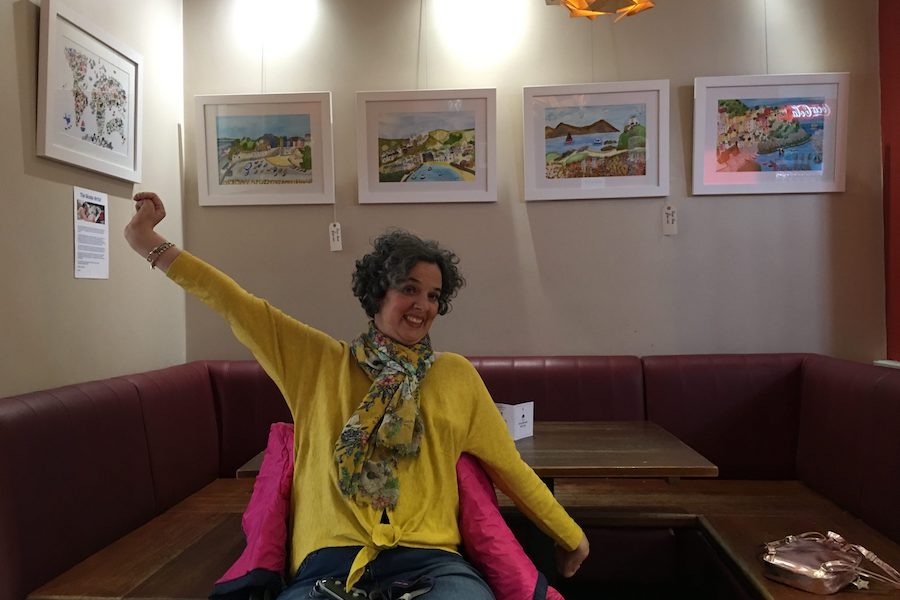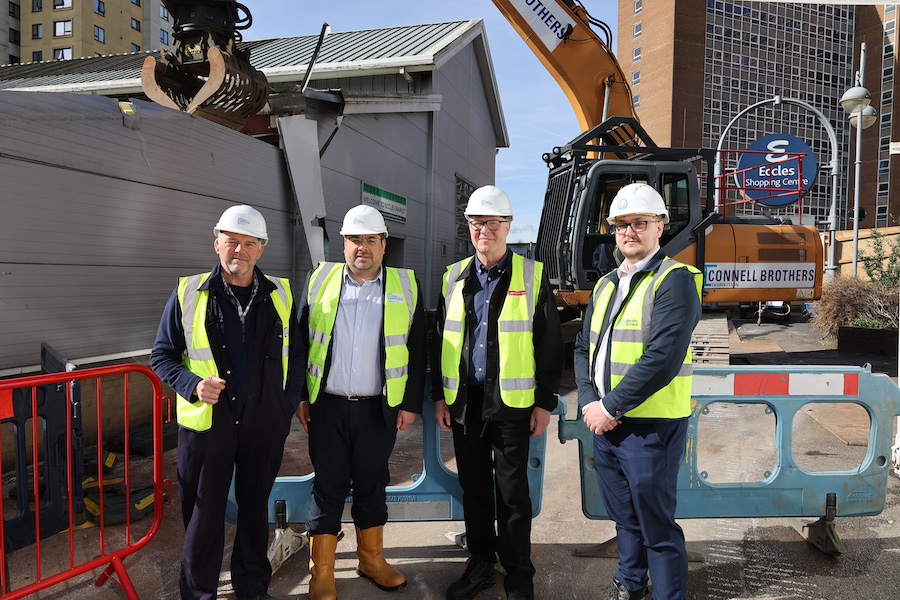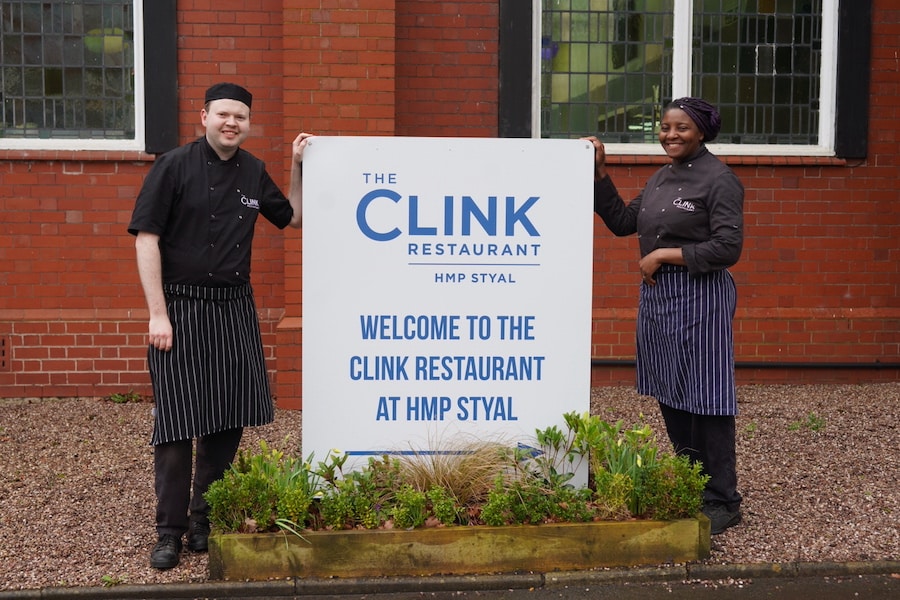Could The Guardian follow the BBC and move back to Manchester?
- Written by Ray King
- Last updated 8 years ago
- Business, City of Manchester
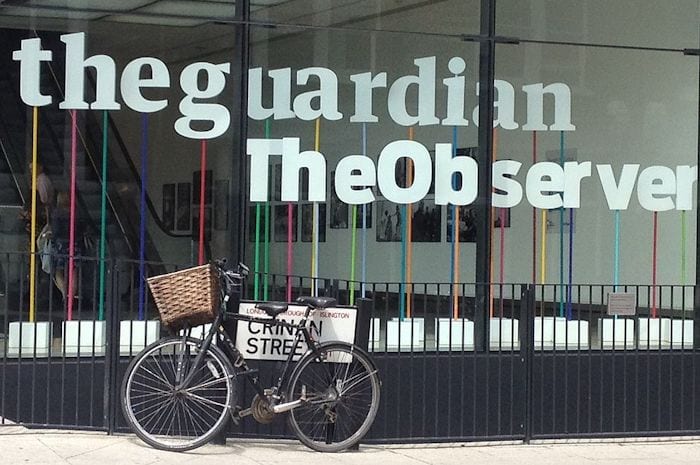
The Guardian newspaper has in recent years been widely regarded as the mouthpiece of the north London “liberal metropolitan elite”.
Founded in 1821 as The Manchester Guardian in the aftermath of the notorious Peterloo Massacre two years earlier, the newspaper dropped Manchester from its title and moved its main operation to London in 1964, leaving just a small editorial team behind at its historic Cross Street base, which was later demolished to make way for part of the Arndale.
Plagued by financial problems and a series of heavy losses in recent years – the operating loss for the year ended April 2017 is forecast to be almost £38m – the newspaper is reportedly considering returning to its birthplace.
Speculation about a possible move north as part of a three year plan to revive the paper’s finances has been rife since the end of March. This week the Financial Times went further, reporting that Guardian Media Group (GMG) bosses were mulling over relocating to the Old Granada Studios complex currently being redeveloped by Allied London.
According to the FT , GMG has approached the property developer that regenerated Manchester’s Spinningfields area – ironically tearing down the headquarters of the then GMG-owned Manchester Evening News in the process – and made inquiries regarding the relocation of up to 600 staff.
The UK newspaper industry is hard pressed through declining readership and a serious loss of income as advertisers have switched from print to online. At the same time, says the FT, rent and business rates at The Guardian’s current King’s Cross HQ in London are set to rise sharply.
At a launch of the developer’s plans earlier this week, Allied London’s chief executive Michael Ingall confirmed he was in talks with a big media company over office and living space for staff. He declined to name the company, but the FT reported that people familiar with the negotiations said it is The Guardian.
GMG has declined to comment on talks with Allied and claimed there were no plans to leave Kings Place at present. However, David Pemsel, GMG’s chief executive has said nothing was off the table.
Already home to more than 50,000 media, digital and technology jobs, Manchester’s revival over the past decade has been partly driven by creative and technology organisations.
The Granada redevelopment will also include a hotel run by Soho House, the private members club, and the £110m Factory arts and events centre to be designed by Rem Koolhaas.
In a typically satirical article this week in the Conservative-leaning Spectator, columnist Steerpike jibed that a move to the north may be the best idea the brains at The Grauniad (Private Eye’s nickname for The Guardian) have had in decades.
“Since the paper’s leading columnists have written so feverishly about the Brexit divide — and the need to fight the xenophobia that led many to vote Leave in Brexit areas – this presents the perfect opportunity for hacks to heal the great North/South divide.
“No doubt Polly Toynbee will jump at the chance to take a break from the Tuscan sun and be closer to the communities neighbouring Manchester that voted for Brexit – especially given that she previously called on MPs for Brexit-voting electorates to ignore the result and vote against Article 50.”
The Guardian achieved national and international recognition under the editorship of CP Scott, who held the post for 57 years from 1872 and bought the paper in 1907. In a much-quoted article written to celebrate the centenary of the paper, Scott declared: “Comment is free, but facts are sacred.”
After he died in 1932, ownership of the paper and of the highly profitable Manchester Evening News passed to the Scott Trust, which was required to maintain The Guardian’s independence and principles “in perpetuity”.
It wasn’t long after the move to London and competition in the national market that financial problems came to a head. The Guardian relied heavily on the Manchester Evening News for financial support but the rapid decline of the regional press saw the Scott Trust unload the MEN and associated weekly titles to Trinity Mirror in 2010 and the exile of its staff to Hollinwood, Oldham.
Recently, The Guardian’s print and online readers have been asked to make donations to help keep the paper going.
- This article was last updated 8 years ago.
- It was first published on 1 May 2017 and is subject to be updated from time to time. Please refresh or return to see the latest version.
Did we miss something? Let us know: press@ilovemanchester.com
Want to be the first to receive all the latest news stories, what’s on and events from the heart of Manchester? Sign up here.
Manchester is a successful city, but many people suffer. I Love Manchester helps raise awareness and funds to help improve the lives and prospects of people across Greater Manchester – and we can’t do it without your help. So please support us with what you can so we can continue to spread the love. Thank you in advance!
An email you’ll love. Subscribe to our newsletter to get the latest news stories delivered direct to your inbox.
Got a story worth sharing?
What’s the story? We are all ears when it comes to positive news and inspiring stories. You can send story ideas to press@ilovemanchester.com
While we can’t guarantee to publish everything, we will always consider any enquiry or idea that promotes:
- Independent new openings
- Human interest
- Not-for-profit organisations
- Community Interest Companies (CiCs) and projects
- Charities and charitable initiatives
- Affordability and offers saving people over 20%
For anything else, don’t hesitate to get in touch with us about advertorials (from £350+VAT) and advertising opportunities: advertise@ilovemanchester.com
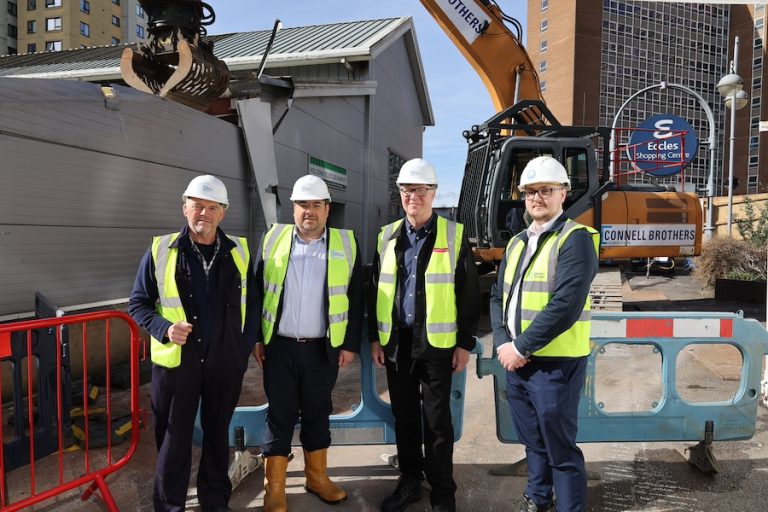
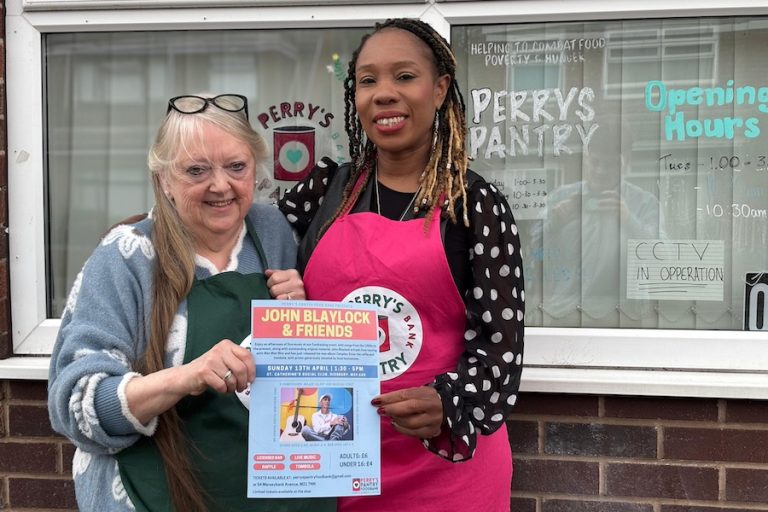

The eclectic group that’s been helping writers cut their teeth for 50 years

“His presence will be deeply missed” Children’s hospice bids farewell to their visionary CEO

Has Gordon Ramsay created Manchester’s ultimate bottomless brunch?







